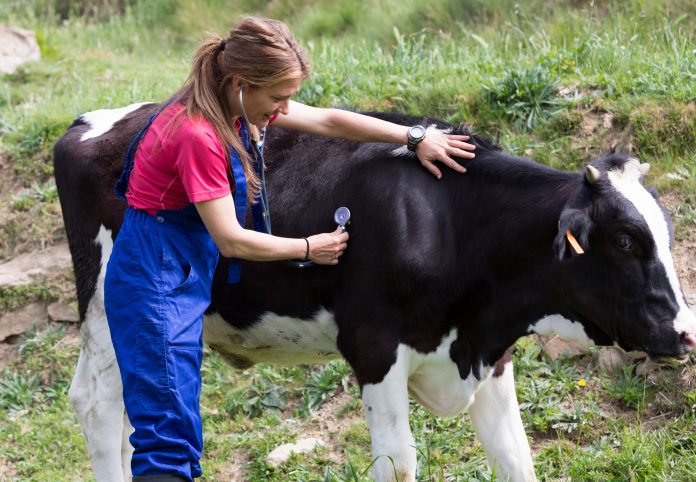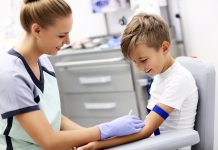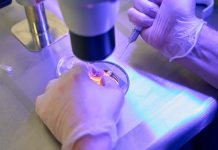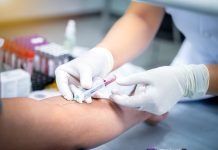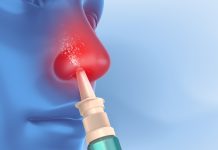Roxane Feller, Secretary General of AnimalhealthEurope, sheds light on One Health – the only way forward that includes comment on veterinary medicines
The ongoing pandemic and warnings from scientists of potential future pandemics are constantly in news headlines. And this new reality we’re living in has opened the eyes of the world to the relationship between our health, animal health and the health of our ecosystems. This concept known as One Health, was previously only really referred to in the public domain in relation to antimicrobial resistance (AMR). In the animal health field, however, One Health is the keystone on which veterinary science was established.
One Health – the only way forward
From conception to delivery, veterinary medicines go through One Health style assessments to ensure that they are safe for the animals they will be administered to, for the people administering the medicines, and for the environment before they are allowed onto the market. And when it comes to their use, veterinarians are increasingly in-tune with ensuring the correct application for the best animal health outcomes with the lowest environmental impacts.
That’s why greater appreciation and involvement of animal health expertise and solutions are needed for a healthier future for everyone. Veterinary oversight must be increased in hotspots where infectious diseases often emerge or where contact with wildlife is increasing and may currently go unchecked. Greater dialogue with a focus on animal diseases is needed at the global level with strengthened international and inter-disciplinary cooperation. If we garner any learnings from this pandemic, it must be this: increased disease surveillance and detection, earlier diagnosis, improved control and management and greater collaboration between sectors in a One Health approach is the way forward.
The European Green Deal
The European Green Deal through its Farm to Fork and Biodiversity Strategies recognises these inextricable links between healthy people, healthy societies and a healthy planet. And the animal health sector plays an important role in helping farmers deliver on the objectives of this strategy.
For example, Europe has recorded impressive progress in efforts to ensure responsible use of antibiotics in European livestock farming. Successful efforts to reduce the need for antibiotic use in farming in Europe are well documented by, for example, the European Surveillance of Veterinary Antimicrobial Consumption (ESVAC) programme and the Wellcome Trust’s new report, The Global Response to AMR: Momentum, success, and critical gaps, which highlight 50% reductions of veterinary antibiotic sales in some countries and a 34.6% decrease on average in Europe. Although there is a lack of evidence as to whether a reduction in antibiotic use in animals leads to similar reductions in human antibiotic-resistant infections, such efforts in the animal sector merit greater recognition.
Improved animal health management practices have a positive impact on both public and environmental health, with Europe benefitting from the lowest burden of foodborne illness in the world, and the latest science indicating that improved practices in animal husbandry can lead to a 30% decrease in emissions from livestock thereby reducing their impact on the environment.
The animal health industry is also contributing to environmental efforts by looking at its own practices and taking action to help limit and reduce medicinal residues in effluents from manufacturing facilities, as well as supporting the establishment of or strengthening national schemes for the correct disposal of veterinary medicines. Manufacturers also perform stringent environmental safety assessments in place since the early 1990s as a precondition to obtaining a license to market animal medicines in Europe. Environmental safeguards are also further strengthened via the new EU Regulation on Veterinary Medicinal Products, which entered into force in early 2019.
We firmly believe, that both environmental and public health challenges can be best addressed through more effective collaboration in research and practice between medical and veterinary practitioners in partnership with biologists and environmentalists. We hope that this commitment, also carried forward in the EU’s new Pharmaceutical Strategy, will begin to bear fruit in the years to come.
Animal health – the future
Ensuring access to innovative and enabling technologies for animal health, as well as encouraging actions that support improved prevention and detection, increased biosecurity, better animal disease preparedness, and enhanced monitoring and surveillance around the globe will ultimately deliver on the Green Deal and help ensure a healthier future as we come out of the pandemic.

